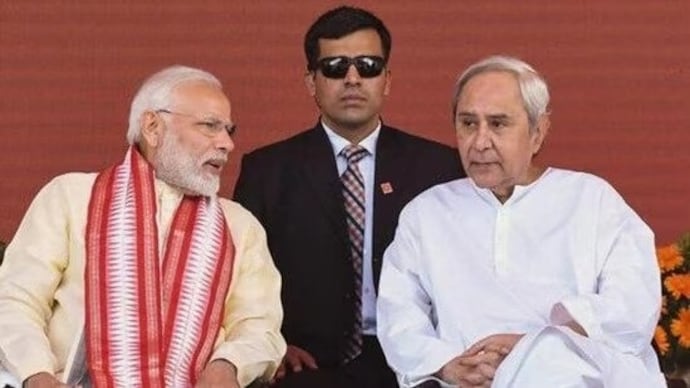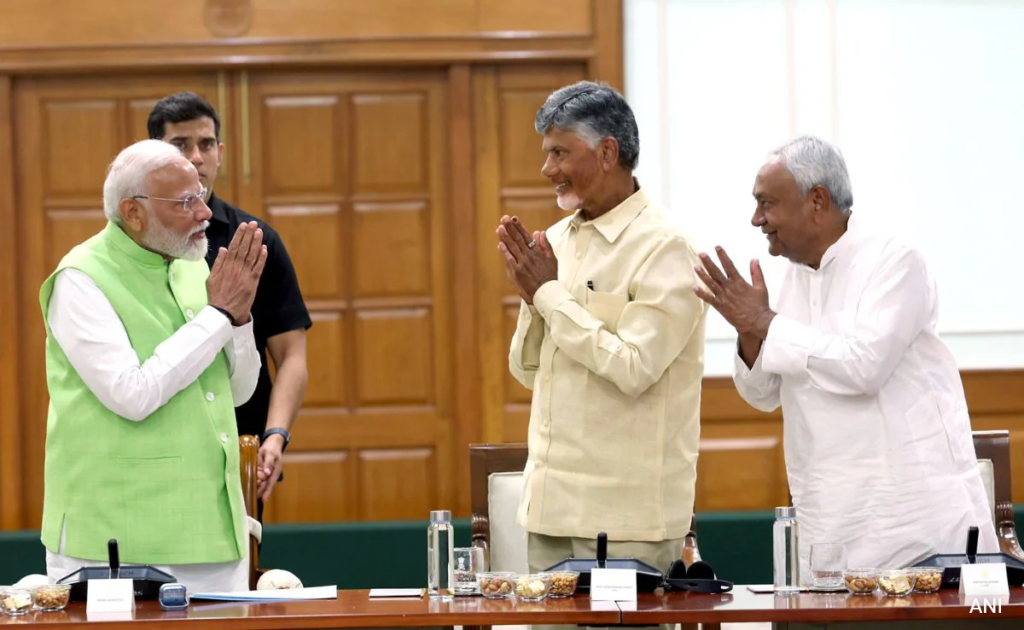Odisha’s Chief Minister, Naveen Patnaik, has governed largely from his residence for the past 24 years, a practice now posing significant challenges for the incoming administration. Patnaik, who has been lauded for his leadership and electoral success, has rarely been seen in the state assembly or government offices, opting instead for a work-from-home (WFH) approach.

Source:- news 18
Governance Concerns: As Patnaik steps down, the new government inherits a complex scenario. Critics argue that his prolonged absence from the administrative center has fostered a culture of remote governance, potentially hindering direct oversight and reducing the effectiveness of executive functions. This unconventional approach might have led to bureaucratic delays and diminished accountability, creating a ‘headache’ for the new leaders tasked with ensuring a smooth transition and effective governance.
Source:- BBC news
Legacy and Transition: While Patnaik’s WFH strategy has allowed him to stay engaged with the state’s affairs, it has also necessitated strong reliance on his bureaucratic machinery. As the new government takes charge, there is an urgent need to re-establish a more direct and visible leadership presence. This shift is critical to restoring confidence in the administration’s accessibility and responsiveness, addressing public concerns, and fostering a more hands-on governance style to meet Odisha’s evolving challenges.
Recalibrating the state’s governance model will be pivotal for the new administration to overcome the inertia of Patnaik’s remote governance legacy and ensure efficient and transparent management of state affairs.
Shre your views in the comments

